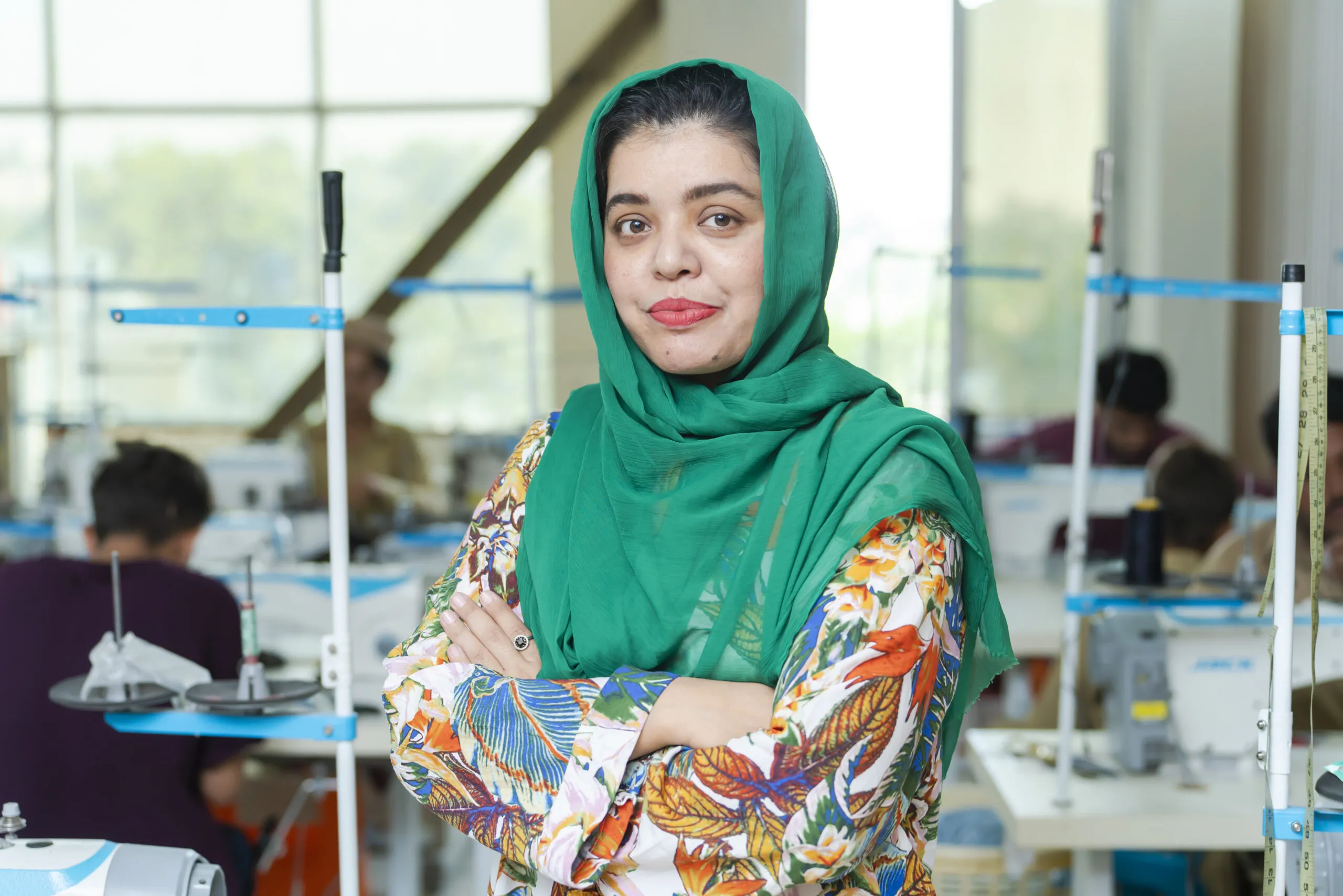One bright spot in the research was that only 36.7% of 26-50 year-olds in Vietnam agreed with the norm that women should be the main caregiver, showing a more progressive response by the younger cohort toward traditional gender roles.
Building new opportunities
Through a combination of far-reaching social media campaigns and in-person workshops, CARE is beginning to see small changes.
Media campaigns in all three countries, with male and female role models, have showcased shared responsibility in the home and normalized the growth and success of women entrepreneurs, with the campaigns generating a widespread appreciation for female entrepreneurs.
By working together with women and their support networks, CARE and its partners are promoting the importance of shared responsibility at home, and the enormous contribution women entrepreneurs are making to their families, communities, and economies.
By studying the barriers that are holding women entrepreneurs back, and then working closely with local partners to break down those barriers, CARE is building new opportunities for women entrepreneurs wanting to grow their businesses.
Despite the Ignite program launching in the midst of the pandemic, the program has unlocked 115 million USD in loan capital for women entrepreneurs, a twenty-two-fold uplift of the original program funding provided by the Mastercard Center for Inclusive Growth.
83% of Ignite participants tell us that the program has contributed to an increase in their business sales, helping to build their financial resilience.
Having conducted this research, we are making changes to our programming. We are developing new training, not just for women and their families, but also for our financial partners. We will also continue our campaigns and outreach activities which promote and normalize shared responsibility and women’s financial and digital independence.
A long-term commitment to tackling gender norms
Work on financial inclusion to date has been focused on products and services, without fully understanding and addressing what is preventing women from accessing or using them. Very few organizations working in this field are addressing the gender norms that hold women entrepreneurs back, as it requires longer-term commitment.
Time-poverty, for example, is a major issue interconnected with childcare and household duties. CARE’s experience shows that engagement at the household level, can result in a huge increase in shared household responsibilities and decision-making. This in turn gives women increased opportunities and time to focus on growing their own businesses and contributing to their local economies.
Join us in challenging the gender norms that hold women entrepreneurs back. Get in touch via email: entrepreneurship@care.org


